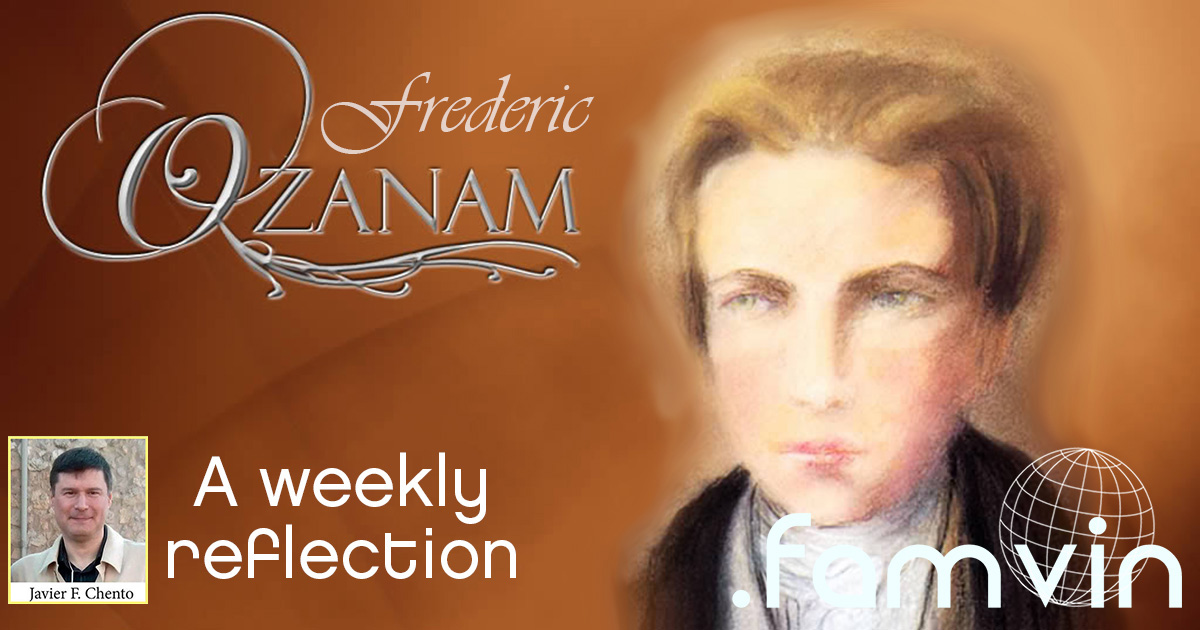Representatives of the people,
Do not plead want of money. If the ordinary resources should come to fail you, if there should be nothing more to hope for from credit and reserve funds, hope everything still from the generosity of France. Openly announce the measures that will save France, and the deficit that delays its execution. Open a national subscription for the workmen out of work — not only those of Paris, but of the whole country; place it under the tutelage and control of your greatest citizens, the most enlightened, the most respectable; let your nine hundred names figure first on the list of its patrons and promoters; let the bishops who sit in the Assembly invite their colleagues and the thirty thousand priests of France to proclaim the subscription in all the pulpits; let the Minister of the Interior order the forty thousand mayors to placard it and popularize it in all the communes; that accounts be made public and rendered frequently; let it be made a question of security for the timorous, of patriotism and charity for all. Take in kind as well as money, and I promise you there is not a banker who will refuse you a bank-note, not a peasant but will bring you his handful of wheat.

Frederic Ozanam, article «Aux gens de bien» [To good people], in L’Ère Nouvelle, nº 151, September 15, 1848.
Reflection:
- We continue reflecting on the article “Aux gens de bien” [To people of good], published in the newspaper L’Ere Nouvelle in September, 1848. In it, Frederic addresses several social classes (as we have already seen to the rich, to priests and to politicians in this text, in this second and in this third) so that they may strive to solve the problems of the poor.
- In the legislative elections of April 1848, the 880 seats of the Constituent Assembly were elected (hence the reference to the “900 names” that we find in this text from Ozanam). The great majority of the elected (600 of 880) were liberal republicans, the most moderate sectors of the revolution of February 1848. Unfortunately, after some hard confrontations, in June of the same year, the insurrection was severely repressed and the government began a turnaround towards conservative positions, limiting rights such as, for example, the right to work. It should be noted that the workday was then at 10 hours a day.
- Politically, they are turbulent times. The different forces, from right or left, legitimists or republicans, are alternated in majorities… while the people continue to suffer innumerable needs.
- Frederic makes a call to unity of action, to fight together in favor of the needy. If it were a problem of lack of money, he asked that the generosity of the people be appealed; even that the Church were involved in solving these situations of need. He was optimistic about the answer to this call: he believed in the goodness and generosity of people.
- Today we live a wide abyss between the poor and the rich. Oxfam Intermon, in its 2014 study entitled “Working for the Few” indicates, among many other data, that “The world’s wealth is divided in two: Almost half of the world’s wealth is now owned by just one percent of the population, and the other half is divided among the remaining 99%.”
- Another frightening fact: the personal fortune of the 8 richest people on the globe exceeds the total assets of the 3.5 billion poorest people (see Oxfam’s Intermon study, 2017, entitled “An economy for the 99%“)
- Are all the evils of our world a consequence of this inequality? Without a doubt, they have a lot to do with it. The data abounds, which are alarming and are easily found, from reliable sources, on the Internet.
- As Vincentians, we must ask ourselves again and again what we do to alleviate these injustices.
Questions for dialogue:
- Am I generous with the poor, sharing my own assets?
- How do we finance our works?
- Do we go to our acquaintances and close friends to help us financially to carry out our service?
Javier F. Chento
![]() @javierchento
@javierchento
![]() JavierChento
JavierChento








0 Comments